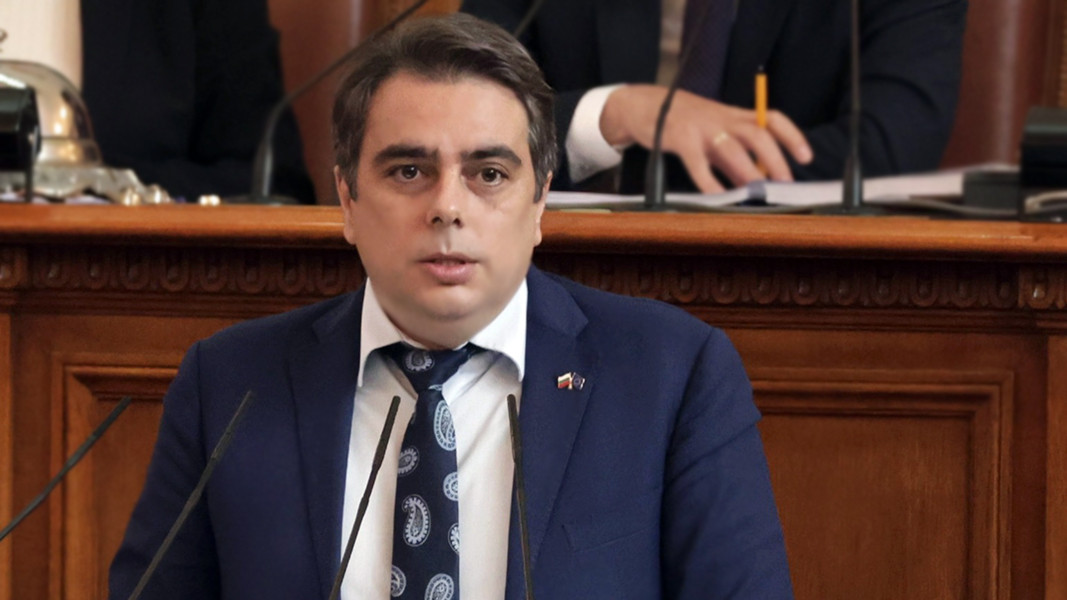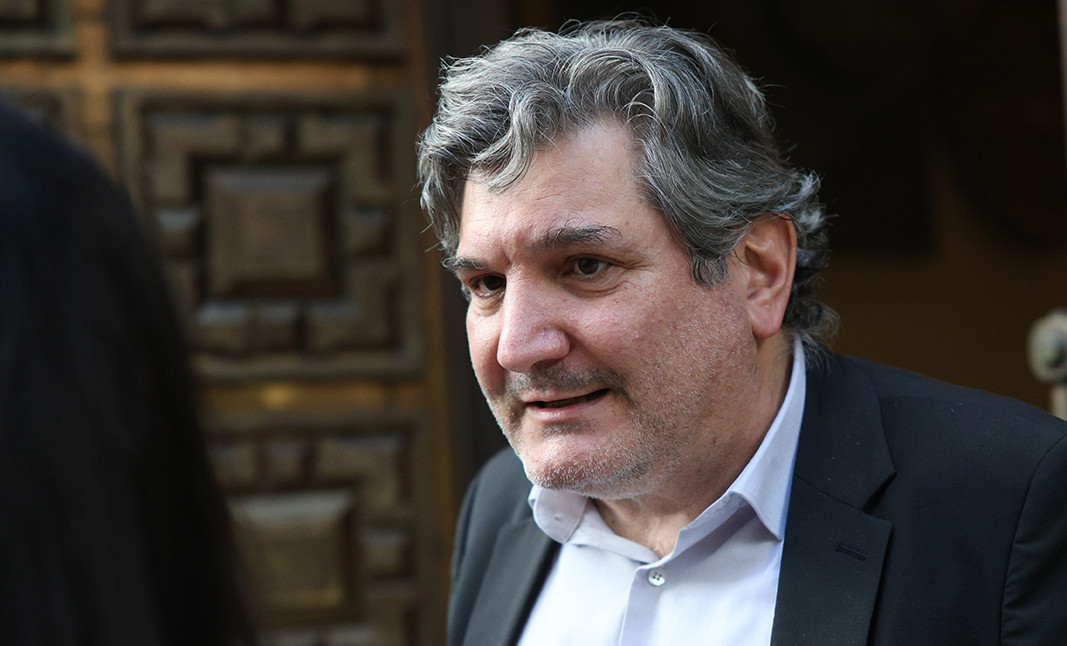After a mammoth 20-hour sitting, the Bulgarian MPs finally adopted the state budget for the year. It is calculated with a deficit of 3% - on an accrual basis, and preserves a large part of the initial capital programme. The budget is expected to be published in the State Gazette by 1 August.
The changes made to the budget include a raise in salaries for police, army, the people working at the National Revenue Agency, customs, the State Agency for National Security, the emergency medical services, the regional health inspectorates, prisons, court security and a few other public structures as of 1 August. The additional expenditure approved by the MPs runs to over 375.6 million Leva (EUR 191.98 million), and will come from reduced capital expenditure.
The day wasn’t without its problems, and the leaders of GERB and We Continue the Change/Democratic Bulgaria (PP/DB) Boyko Borissov, Kiril Petkov and Hristo Ivanov, had to hold a meeting in a hurry. The reason – MPs from Boyko Borissov’s party, GERB, had boycotted the proposals by Finance Minister Assen Vassilev regarding the revenue part of the budget at the parliamentary finance committee, which caused Vassilev to say he no longer supported the draft budget. Nevertheless, after the leaders had met to discuss the matter, it was made clear that all of Assen Vassilev’s proposals regarding the revenue measures will be endorsed, with certain adjustments, and Bulgaria is going to have a budget. The texts which GERB had found controversial were connected with Assen Vassilev’s insistence that in companies with a staff of 50 or over, salaries be paid via bank transfer only. This rule was also supposed to be valid for employers providing restaurant and catering services supplies, irrespective of the number of staff. Criticism of the measure mostly boiled down to the argument that it isn’t going to do away with the “salary in an envelope” phenomenon but will be an additional burden on businesses, that in small towns and villages there are no ATM machines or POS terminals, and also that bank fees are excessive and will dip into the pockets of the lowest-paid staff. However, an adjustment was made, and agreement was reached for the restriction to be valid for companies with a staff of 100 or over. The MPs also endorsed the taxation of the excess profits of energy companies, the money from which will go into the Energy Security System fund, with the idea of using it for compensations to businesses if electricity prices exceed 200 Leva (EUR 102) per MWh.
At the end of it all, Finance Minister Assen Vassilev said:
“The budget is within the parameters initially set down, with a 3% deficit, a serious capital programme and a redistribution of some of the capital spendings towards additional payments which parliament set down at around 300 million Leva (a little over EUR 153 million). Many of the fiscal measures have also been preserved so revenue can be collected.”
Macroeconomist Georgi Ganev describes the budget for the current year as a “sensible decision”: 
“The budget for 2023 is the feasible sensible decision in the situation we are in. We know it is by no means easy. Because of the decision by the caretaker cabinet, and especially by the president who appointed it, not to submit a regular budget when it should have been submitted – by the end of October the previous year. Then, as the end of the term of office of the caretaker government approached, a draft budget was presented with a huge deficit and with extremely unambitious revenue measures and excessive expenditures. It had to be retailored, and there were just a few weeks for that,” Georgi Ganev explained in an interview with BNR-Plovdiv. Georgi Ganev is a We Continue the Change/Democratic Bulgaria MP, and a member of the parliamentary budget committee.
Economist Krassen Stanchev says that adopting the budget was imperative, or the government would have fallen. 
“The problem is not in the 3% deficit and how to guarantee it, the problem, is that since 2012, the restriction for Bulgaria which is consistent with the stability of the entire system, is a budget deficit of 2%. There are other things connected with the stability of the system as well,” Krassen Stanchev says in an interview with the BNR. This is a “3-month budget”, he goes on to say, and there are certain things that have to be budgeted for until the end of 2025 (in view of the introduction of the euro – editorial note), among them relatively low government spending, relatively low debt etc. Still, he has no worries regarding the current budget.
One thing in this budget is certain – the expenditure, the economist says. As to the measures proposed in the revenue side, he explained that if the revenues turn out to be less than the spendings, a loan to finance current liabilities may have to be taken out. But that is not going to happen, he adds.
Text :Yoan Kolev
Translated and posted by Milena Daynova
Photos: BTA, BGNES
There will be pilot testing of ground-based silver iodide generators for hail protection in two zones where the use of rockets is not allowed, the Deputy Minister of Agriculture Ivan Kapitanov said. At a meeting with Claude Berthet,..
The German economy has been shrinking and the government expects a decline of 0.2% of GDP. Some of the main reasons for this include unresolved structural problems related to lack of energy security, excessive bureaucracy and shortage..
After the election for parliament on 27 October, the caretaker government has to submit a draft of a budget for 2025 to parliament by the end of the month. Some economic analysts say the budget of the country for 2024 is the worst in the past decade. Holes..
In the space of 15 years, from 2005 until 2020, 75% of the farms in the country have disappeared – from 500,000 in 2005 down to 132,000 in 2020, said..
Petar Ganev , senior researcher at the Institute for Market Economics announced, for the BNR, the publication of their white paper of the Bulgarian..
In October 2024, the total business climate indicator decreased by 5.6 percentage points compared to September, dropping from 22.5% to 16.9%. The index..

+359 2 9336 661
